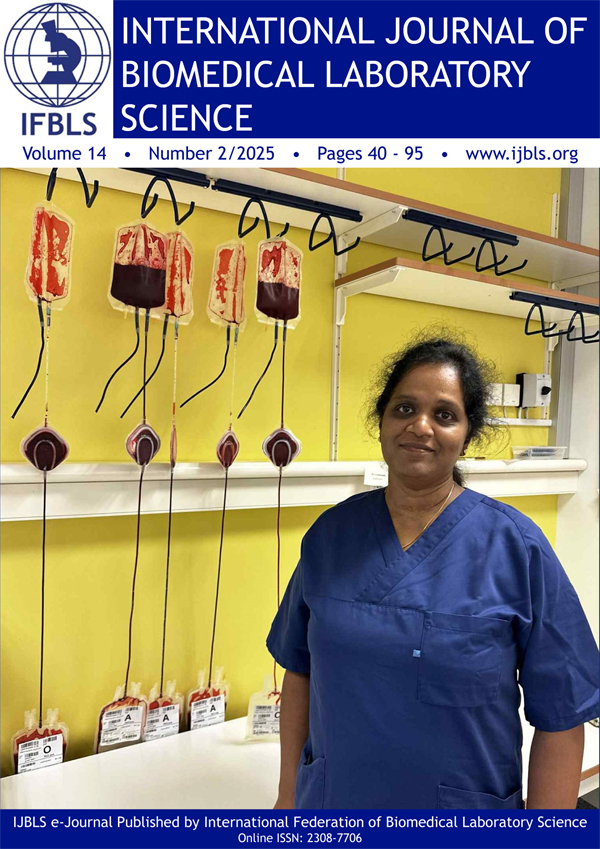Int. J. Bio. Lab. Sci 2016 5:9-17 【Abstract】 【PDF】
Abstract
An adequate level of health literacy (LHL) can help young people/students make better decisions about their own health, based on the capacity to obtain, process and understand basic health information and act appropriately. Furthermore, social behaviors influence the prevalence of sexually transmitted diseases (STDs) which are reflecting an increasing trend worldwide, especially in young people. The aim of this study was to analyze the relationship between the LHL, sexual behaviors and STDs, among first-year students of higher education studies. Participants filled out a questionnaire
to assess social behaviors and LHL and a blood sample was collected for the screening of STDs. Students of health sciences tend to have a higher LHL, use more condoms and consume less alcohol before a sexual encounter comparatively to non-health sciences’ students. Our results also show that the use of pill contraception leads to a diminished use of condoms in a relationship with a
stable sexual partner. Herpes Simplex Virus type 2 (HSV-2) prevalence was 2.4 %. The positive cases of HSV-2 were associated with lower LHL, lower use of condoms and higher alcohol intake before a sexual encounter. The observed trend indicates that a higher LHL is associated with lower behavior risk and lower STDs prevalence.
Key words: Sexually Transmitted Diseases, Health literacy, Social behavior, Students



